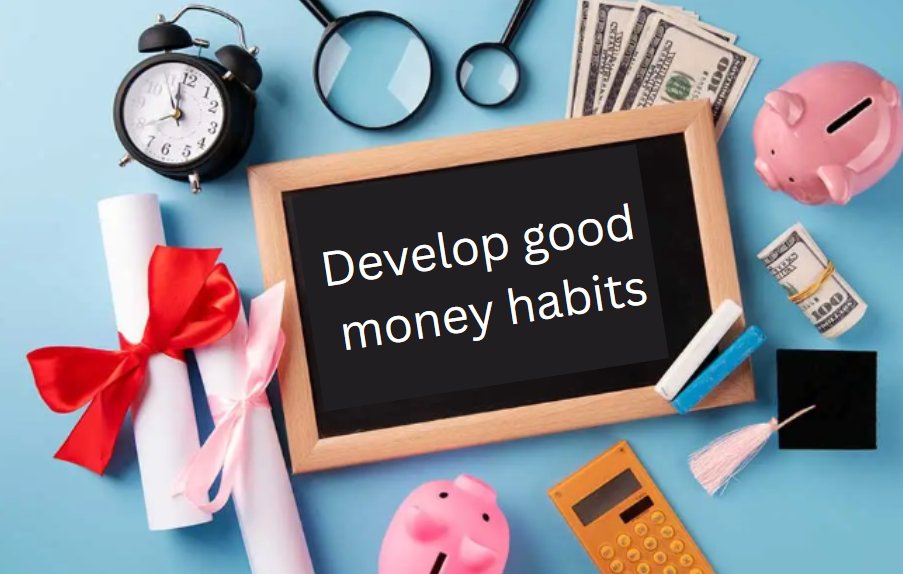Below are 12 steps you can take to develop good financial habits. You may not be able to do everything at once.
Track your expenses
It’s so easy to lose track of where your money is going. So tracking your expenses provides a clear picture of where your money is going. You can then challenge yourself to make changes.
Create a budget
Setting up a budget will help you to live within your means, avoid costly debt, and achieve financial goals if you stick to it. Remember when setting your budget to allow for those quarterly, one off or irregular expenses, e.g. clothing, car maintenance, rates, insurance etc. Review and update your budget regularly.
Determine your needs versus your wants
Knowing the difference between wants and needs is a central aspect of budgeting that helps lay the groundwork for financial responsibility.
Establish an emergency fund
Set up a separate bank account and put a set amount of money into this account every week / fortnight to build up an emergency fund, to cover for sickness, redundancy, and unexpected bills.
Set financial goals
Set some clear financial goals. You will be amazed at what you can achieve when you have a goal and you are focussed on it. Make sure your goal is (S.M.A.R.T) Specific, Measurable, Attainable, Realistic and Timebound.
Organise your bank accounts
Set up your bank accounts in a way that works for you. Perhaps a main account which the bills get paid from, and separate accounts, perhaps for the likes of, Emergency Fund, Saving Plan, School / education costs, Car Maintenance, Christmas fund, Holiday fund etc etc. The number of accounts and what you call them will be something personal to you and your circumstances.
Establish a savings / investment plan
Set up a saving account to work towards the achievement of a financial goal. Also make sure your money is working hard for you, consider what interest you are earning on your savings, as it may not be in your best interests to have this money sitting in a no or low interest bearing account. Consider consulting a financial planner for advice on your investment(s).
.
Spend less than you earn
While you may say this is personal finance 101, it is so easy to spend, spend, spend.
Pay bills on time
Ensuring you pay your bills on time as this will reduce stress and avoid any penalties, fees or interest and help you establish and maintain a good credit rating.
Avoid debt where you can
If considering taking on debt, first make sure you can afford the repayments. Also make sure any debt you take on is done in the most cost-effective way e.g. rather than paying that car off via a finance company as the interest rate is likely to be higher, it may be better to get a bank loan or add it to the mortgage.
Credit Cards
Only have a credit card if you intend to pay it all off when the bill is due as the interest rate you will pay on any outstanding balance is very high. A credit card is a great way to pay for items “you need” e.g. Groceries, from a cashflow perspective providing you have the money sitting in an account to pay the bill in full when it comes. Credit cards can also be a good emergency resource for unexpected bills as you then have around a month to get the money to pay the whole bill.
Review major expenses annually
It pays to review your costs and providers on an annual basis. Shop around to make sure you are getting the best deal on that pay tv subscription, that you are not paying too much for your insurances etc.
Please remember it takes time to form a habit and your circumstances may be such that you have to work towards achieving some of the items listed above.

